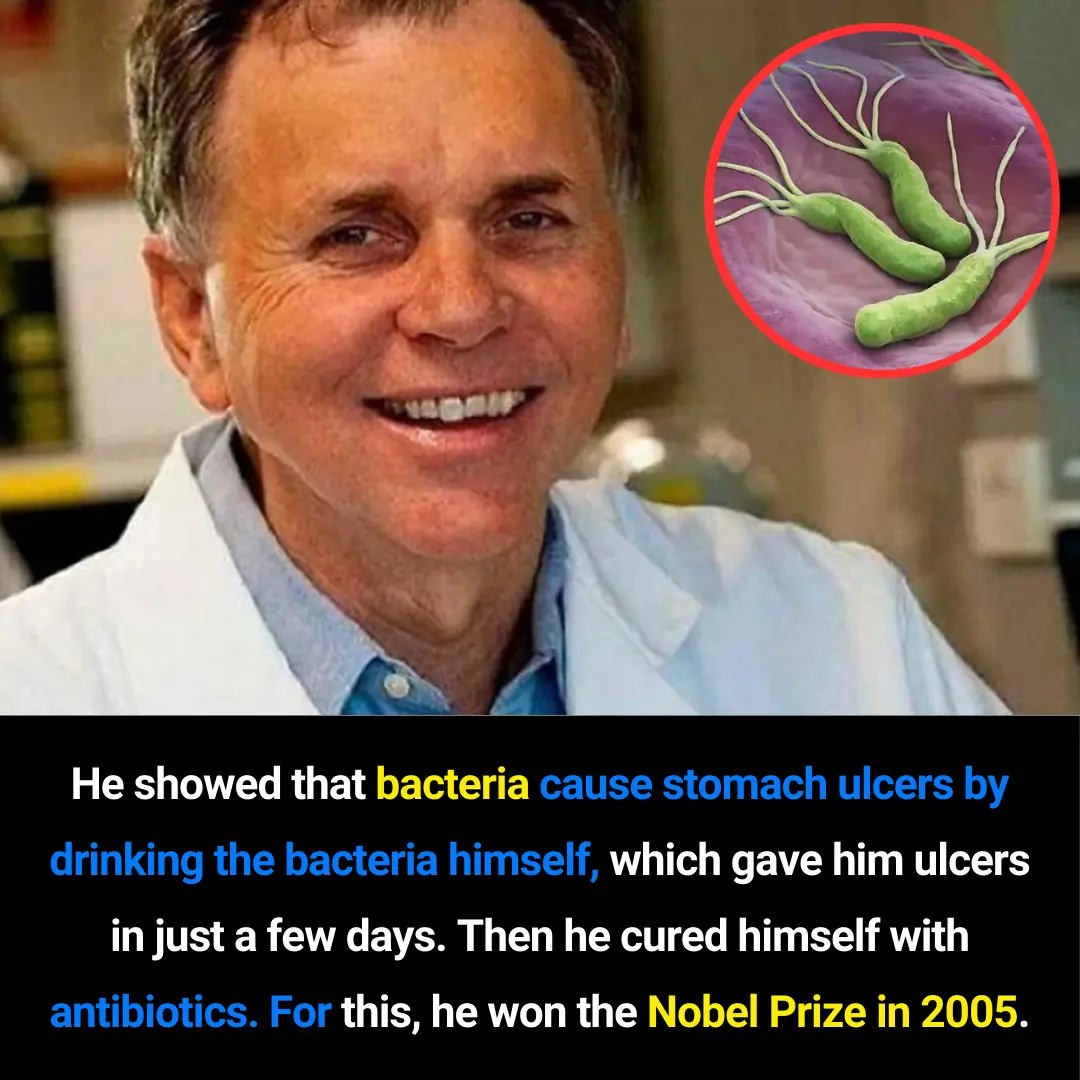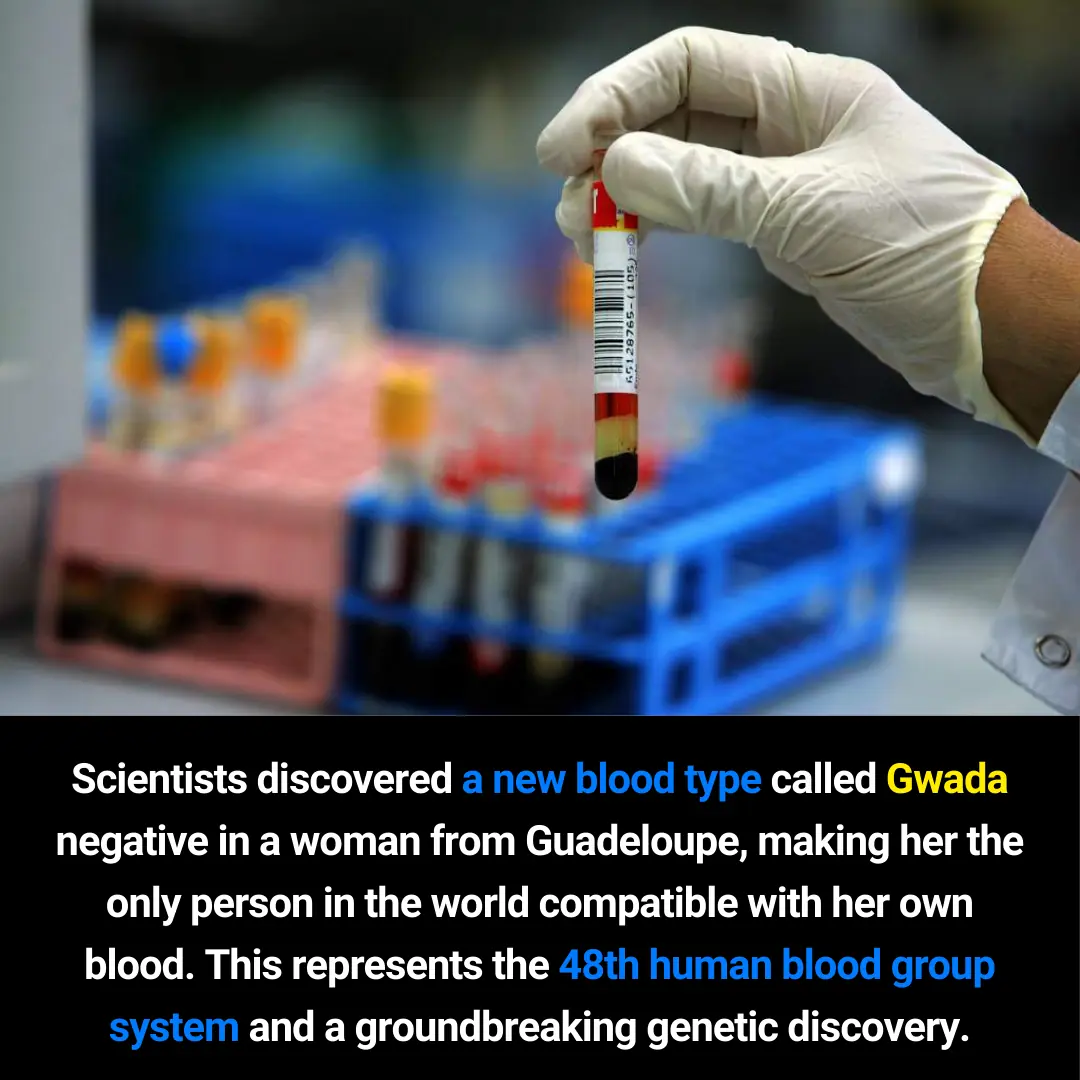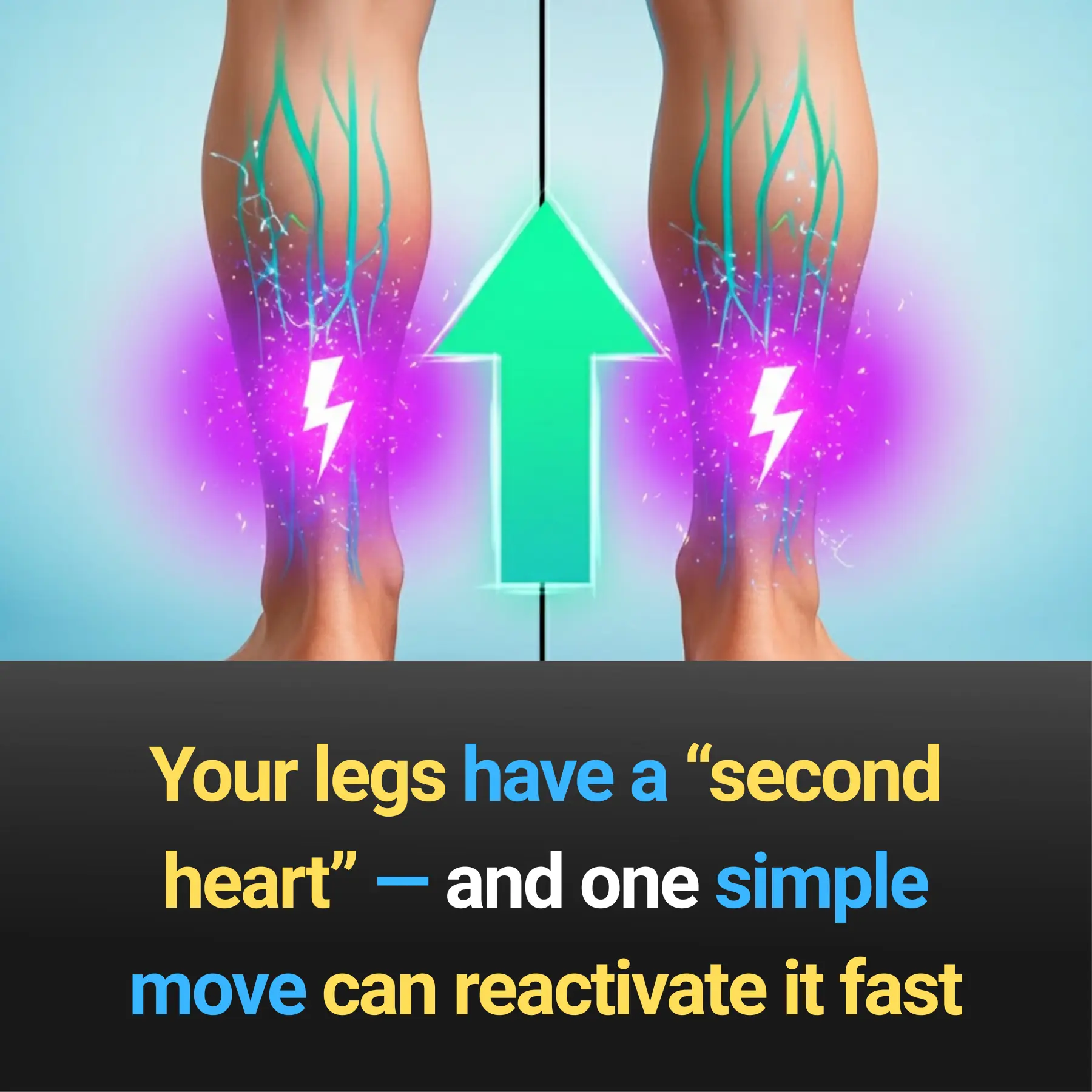Fasting for a full 24 hours might seem relatively harmless, yet scientific modelling suggests that the body undergoes a series of surprising and rapidly evolving changes during this short period without food. In the first few hours, your system relies on circulating glucose and stored glycogen to maintain stable energy levels, ensuring that essential organs—especially the brain and muscles—continue to function. During this stage, insulin levels gradually decrease, signalling the body to transition from readily available sugars to stored fat as a primary fuel source.
Around the 12-hour point, glycogen reserves in the liver are substantially depleted. As a result, the body begins producing ketone bodies to sustain energy demands, particularly for the brain. Research has shown that these ketones can, for some individuals, enhance alertness and mental clarity. Others, however, may experience irritability, headaches, or fatigue as their metabolism adjusts. At the same time, your basal metabolic rate subtly shifts into a conservation mode, prioritising energy for essential organs while temporarily slowing non-critical bodily processes.
Hormonal fluctuations also become more pronounced as the fast continues. Levels of ghrelin—the hormone responsible for hunger signals—tend to spike at predictable intervals, often matching habitual mealtimes. This explains the waves of intense cravings many people feel, even when actual caloric needs are still being met through internal energy stores. By the 24-hour mark, the body enters a mild but measurable fasting state, activating a number of cellular repair pathways. One of the most significant among these is autophagy, the process by which cells break down and recycle damaged or dysfunctional components. Studies suggest that this mechanism contributes to improved cellular resilience and may play a role in long-term metabolic health.
However, experts caution that fasting for extended periods without experience or guidance can place unnecessary stress on the heart, kidneys, and other vital organs. Individuals with underlying health conditions, pregnant women, and those taking certain medications should avoid prolonged fasting unless supervised by a healthcare professional. Even healthy adults are advised to stay well hydrated, recognise early signs of physical discomfort, and stop fasting if symptoms become severe.
Understanding how the body adapts when food is temporarily unavailable can help people approach fasting—whether for metabolic health, weight management, or intermittent-fasting routines—in a safer and more informed way. Ongoing scientific research continues to uncover how short-term fasting influences metabolism, hormones, and cellular processes, offering deeper insight into the body’s remarkable ability to maintain balance under changing nutritional conditions.
Selected reputable sources for further reading:
-
Longo, V.D. & Mattson, M.P. “Fasting: Molecular Mechanisms and Clinical Applications.” New England Journal of Medicine (NEJM), 2014.
-
Anton, S.D. et al. “Flipping the Metabolic Switch: Understanding the Benefits of Fasting.” The Journal of Nutrition, 2021.
-
Patterson, R.E. & Sears, D.D. “Metabolic Effects of Intermittent Fasting.” Annual Review of Nutrition, 2017.
-
National Institute on Aging (NIA), U.S. Department of Health & Human Services: Research on caloric restriction and autophagy.


































